Legal Overview of Family Balancing and Gender Selection in Dubai
"Yes, gender selection is legal in Dubai and the wider UAE, primarily as part of an IVF cycle with Preimplantation Genetic Diagnosis (PGD) or Preimplantation Genetic Screening (PGS), for both family balancing and medical reasons for married couples."
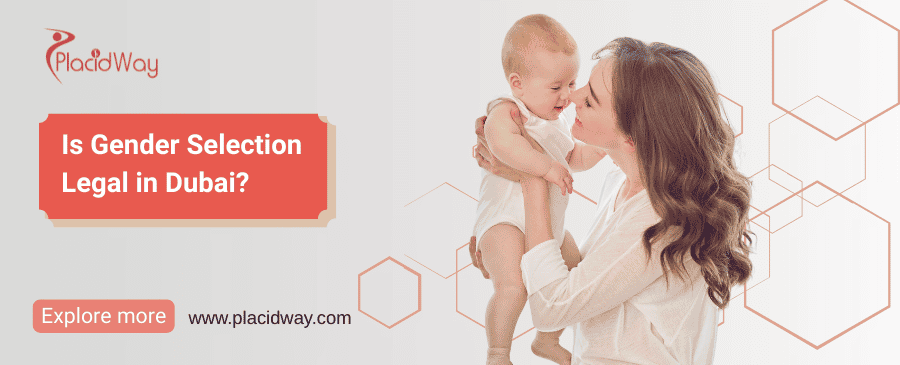
The possibility of choosing the gender of a child has become an accessible option for many couples globally, driven by desires for family balancing or the prevention of certain genetic disorders. Dubai, a prominent hub in the United Arab Emirates (UAE), has emerged as a leading destination for advanced reproductive technologies, including gender selection through In Vitro Fertilization (IVF) combined with PGD/PGS. This blog post will delve into the legal landscape surrounding gender selection in Dubai, outlining the specific regulations, eligibility criteria, and key aspects that make Dubai a favored choice for international patients seeking this specialized fertility treatment.
Is Gender Selection for Family Balancing Legal in Dubai?
"Yes, gender selection for family balancing (non-medical reasons) is explicitly permitted in Dubai under approved medical guidelines, making it one of the few global destinations offering this option."
Unlike many countries where gender selection is restricted solely to medical indications, Dubai and the UAE have adopted a progressive stance that allows couples to choose the sex of their baby for family balancing purposes. This is typically achieved by using Preimplantation Genetic Diagnosis (PGD) or Preimplantation Genetic Testing for Aneuploidies (PGT-A) on embryos created through IVF. This legal acceptance is a significant factor in Dubai's popularity for couples seeking this service.
What are the UAE's specific laws and regulations regarding gender selection?
"The UAE's Federal Law No. 7 of 2019 concerning Medically Assisted Reproduction governs gender selection, permitting it primarily for married couples through IVF with PGD/PGS under strict regulatory oversight from authorities like the Dubai Health Authority (DHA)."
This law and its subsequent amendments have made the UAE a more inclusive destination for fertility treatments. Key provisions include allowing PGT-A for chromosomal health checks and explicitly permitting gender selection for "family balancing." Clinics offering these services must be licensed and adhere to rigorous ethical and medical standards set by the DHA and the Ministry of Health and Prevention (MOHAP). It's important to note that while unmarried non-Muslim couples can now access general IVF treatments, the specific provision for gender selection remains primarily geared towards married couples.
Is Preimplantation Genetic Diagnosis (PGD) Legal in Dubai?
"Yes, Preimplantation Genetic Diagnosis (PGD) is legal in Dubai and is the standard method employed for gender selection, as it allows for precise genetic analysis and sex determination of embryos before implantation."
PGD, along with PGT-A, is instrumental in gender selection. These techniques involve taking a small biopsy from an embryo (usually at the blastocyst stage) and analyzing its genetic makeup, including the sex chromosomes (XX for female, XY for male). This enables fertility specialists to identify and select embryos of the desired gender for transfer, significantly increasing the accuracy of the process. The legality of PGD/PGT-A ensures that couples have access to highly accurate methods for achieving their family planning goals.
What are the eligibility criteria for gender selection IVF in Dubai?
"Eligibility for gender selection IVF in Dubai typically requires couples to be legally married, with the female partner generally being under 43 years of age and possessing good ovarian reserve, and both partners having a sound medical history."
Clinics in Dubai conduct thorough assessments to determine suitability, which includes reviewing medical history, performing hormonal tests, and conducting semen analysis. The marital status requirement is a significant legal aspect in the UAE for gender selection. While the law has become more inclusive for non-Muslim unmarried couples for general IVF, the specific use of PGD for gender selection often remains tied to marital status.
Are there any restrictions or ethical considerations for gender selection in Dubai?
"While gender selection in Dubai is permitted, restrictions include the requirement for married couples and strict adherence to ethical guidelines and regulatory oversight to prevent misuse or societal imbalance."
Dubai's regulatory bodies ensure that clinics operate ethically, providing counseling to couples to fully understand the implications of their decision. The aim is to support genuine family balancing rather than promoting gender discrimination. Commercial surrogacy and commercial gamete (egg/sperm) donation are prohibited in the UAE, aligning with local cultural and religious values, even when combined with gender selection.
Why is Dubai a popular destination for gender selection?
"Dubai has become a popular destination for gender selection due to its advanced medical infrastructure, highly skilled fertility specialists, favorable legal framework for family balancing, and a commitment to high standards of patient care."
The city boasts world-class fertility clinics equipped with cutting-edge technology and staffed by internationally trained experts. The transparent legal environment, coupled with a focus on medical tourism, makes Dubai an attractive option for couples from around the globe. The emphasis on ethical practices and patient safety further enhances its reputation.
How do Dubai's gender selection laws compare to other global destinations?
"Dubai stands out globally as one of the few jurisdictions, alongside certain US states and countries like Thailand, where gender selection for non-medical reasons (family balancing) is explicitly legal and regulated."
Many countries, including most of Europe, Australia, Canada, and India, either strictly prohibit or heavily restrict gender selection to cases involving serious sex-linked genetic disorders. This makes Dubai a unique and accessible choice for couples prioritizing family balancing, offering a pathway that might not be available in their home countries.
What is the role of the Dubai Health Authority (DHA) in regulating gender selection?
"The Dubai Health Authority (DHA) is the primary regulatory body overseeing fertility clinics in Dubai, ensuring strict adherence to medical, ethical, and legal guidelines for procedures including gender selection."
The DHA conducts regular inspections, licenses clinics and practitioners, and sets the standards for quality and safety in assisted reproductive technologies. This robust oversight provides patients with assurance regarding the credibility and quality of services offered for gender selection in Dubai.
Is commercial gamete donation or surrogacy permitted with gender selection in Dubai?
"No, commercial gamete (egg/sperm) donation and commercial surrogacy are strictly prohibited in Dubai and the wider UAE, even when a couple is undergoing gender selection."
UAE law emphasizes the use of a married couple's own genetic material for IVF treatments. This reflects the country's adherence to Islamic principles concerning family lineage and ethical reproductive practices. Therefore, couples seeking gender selection must use their own eggs and sperm.
What happens if the desired gender embryo is not available after PGD/PGS?
"If an embryo of the desired gender is not identified after PGD/PGS, couples typically discuss options with their fertility specialist, which may include another IVF cycle, transferring an embryo of the non-desired gender, or considering alternative family planning methods."
The success of gender selection relies on having viable embryos of the preferred sex after genetic testing. While PGD/PGS is highly accurate in identifying gender, it cannot guarantee the creation of a sufficient number of healthy embryos of the specific gender. Clinics will provide counseling and discuss all available options to guide couples through such scenarios.
What documentation is required for gender selection in Dubai?
"Couples seeking gender selection in Dubai typically need to provide valid passports, a marriage certificate, and comprehensive medical records detailing their fertility assessments and health status from their home country."
These documents are crucial for compliance with UAE laws and for the clinic to create a tailored treatment plan. The marriage certificate is a fundamental requirement for most assisted reproductive technologies, including gender selection, in Dubai. Ensuring all documentation is in order can help expedite the treatment process.
Does Dubai's law on gender selection apply to both residents and medical tourists?
"Yes, Dubai's laws and regulations regarding gender selection apply equally to both UAE residents and international medical tourists, provided they meet the established eligibility criteria."
This consistent application of the law ensures fairness and transparency for all individuals seeking fertility treatments in Dubai. It means that medical tourists can confidently pursue gender selection knowing they are operating within a clear and regulated legal framework.
Explore PlacidWay for solutions related to medical tourism, healthcare services, or other relevant offerings.


.png)
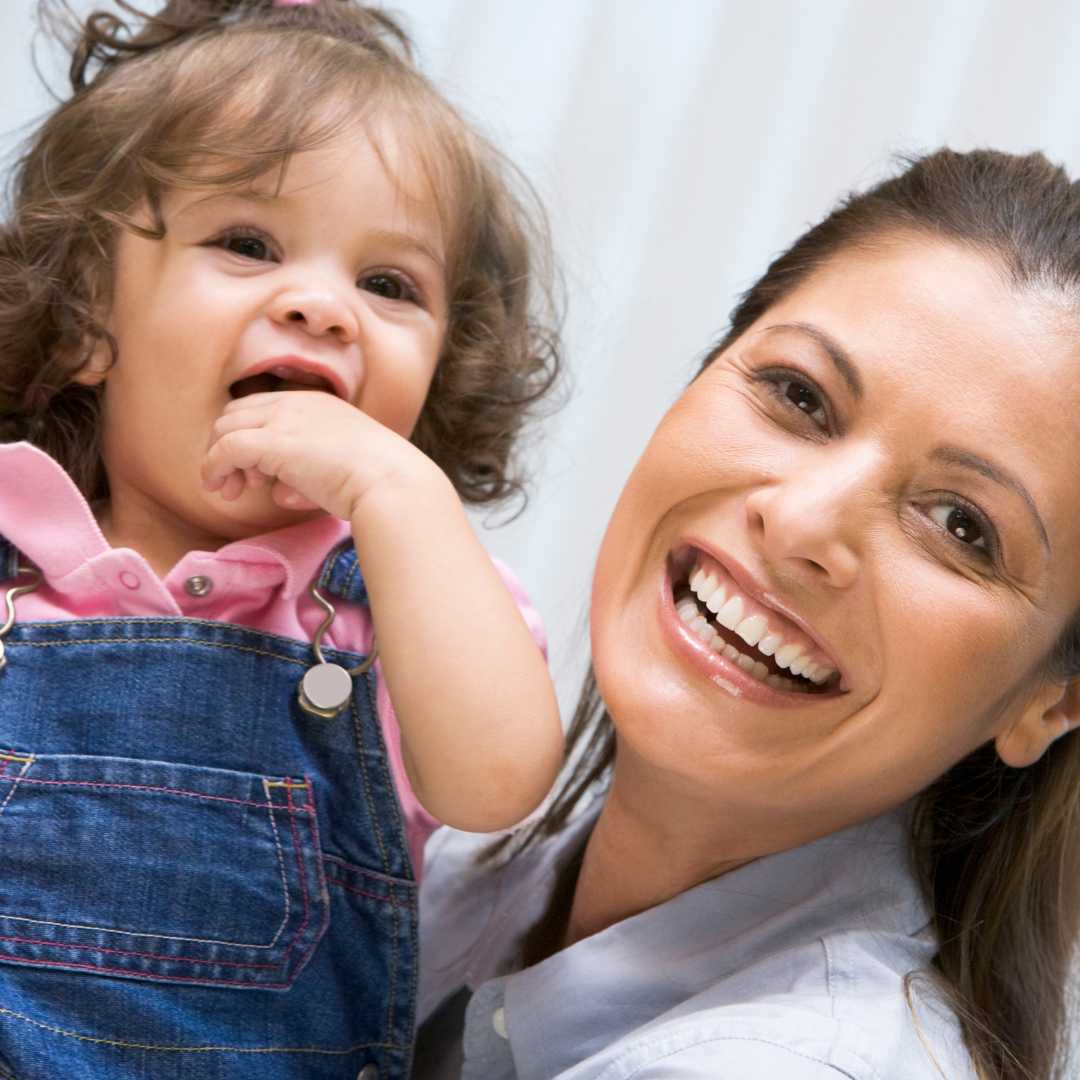
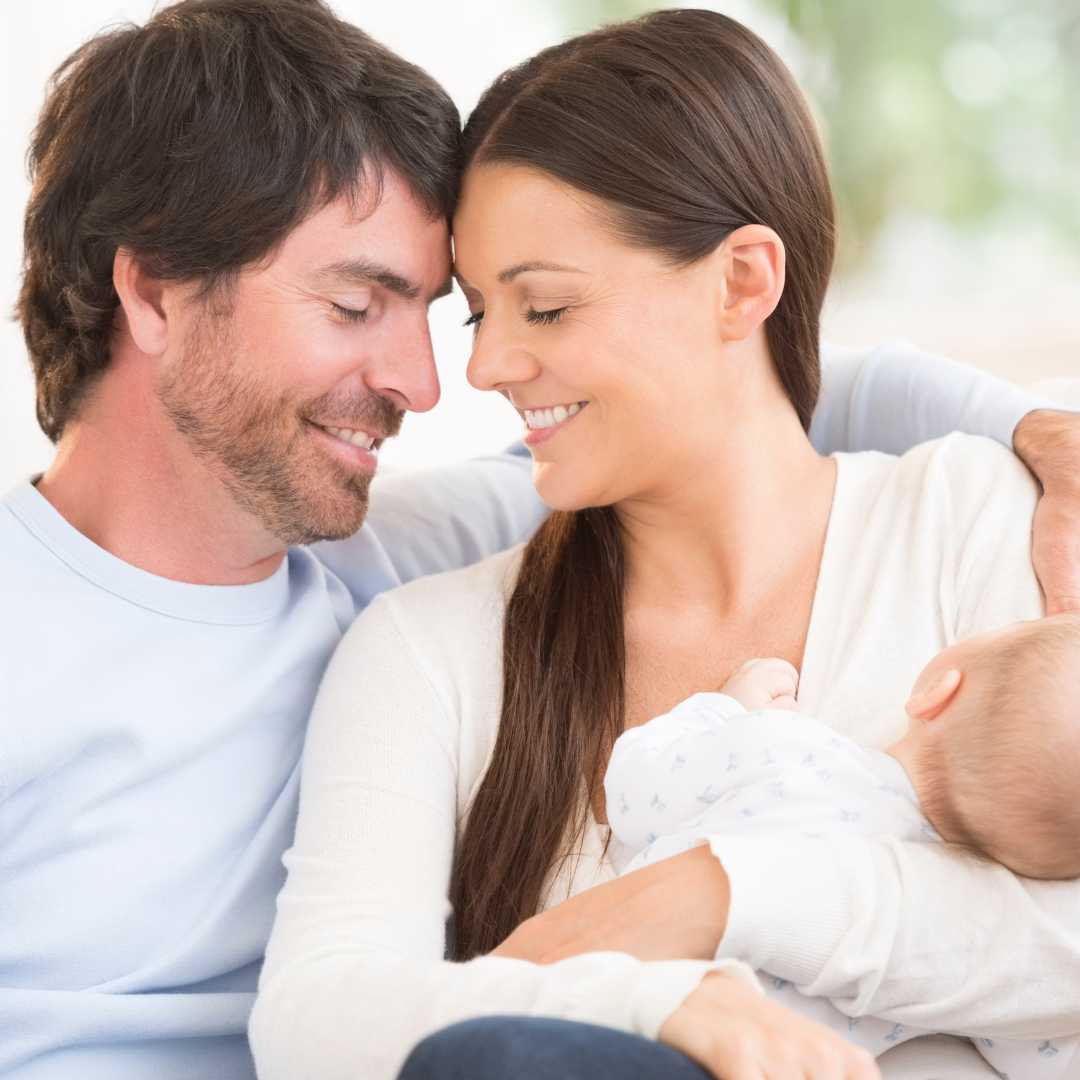
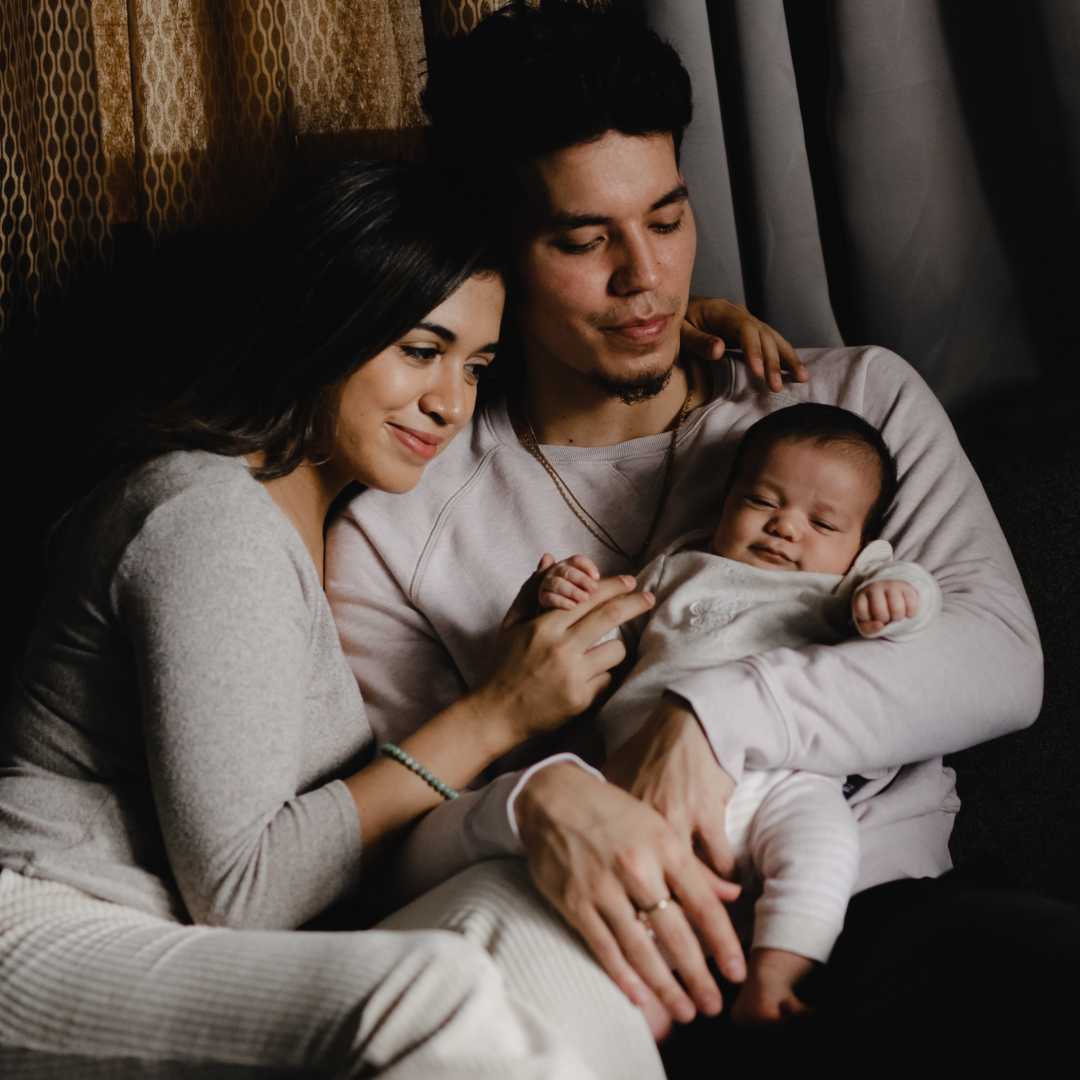
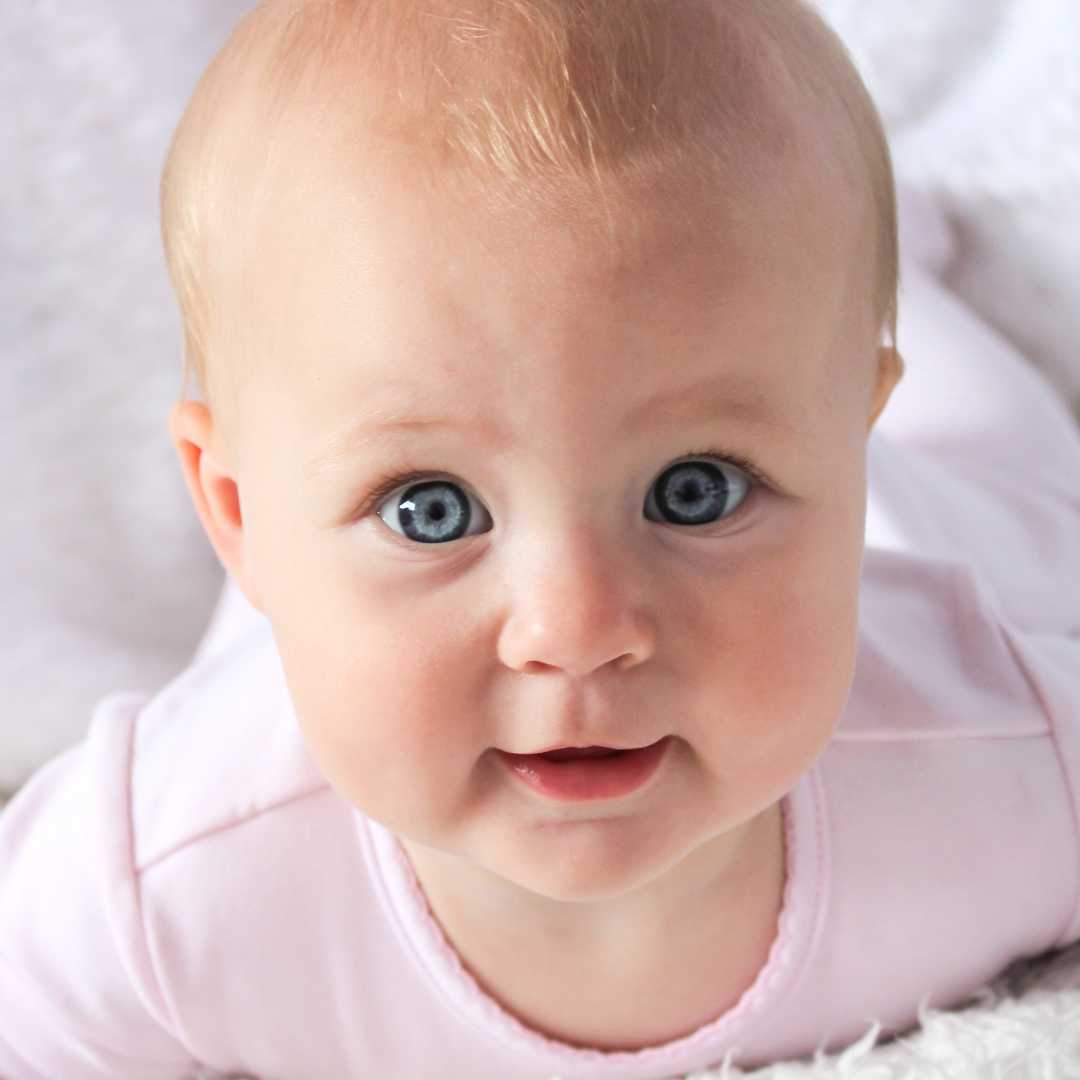
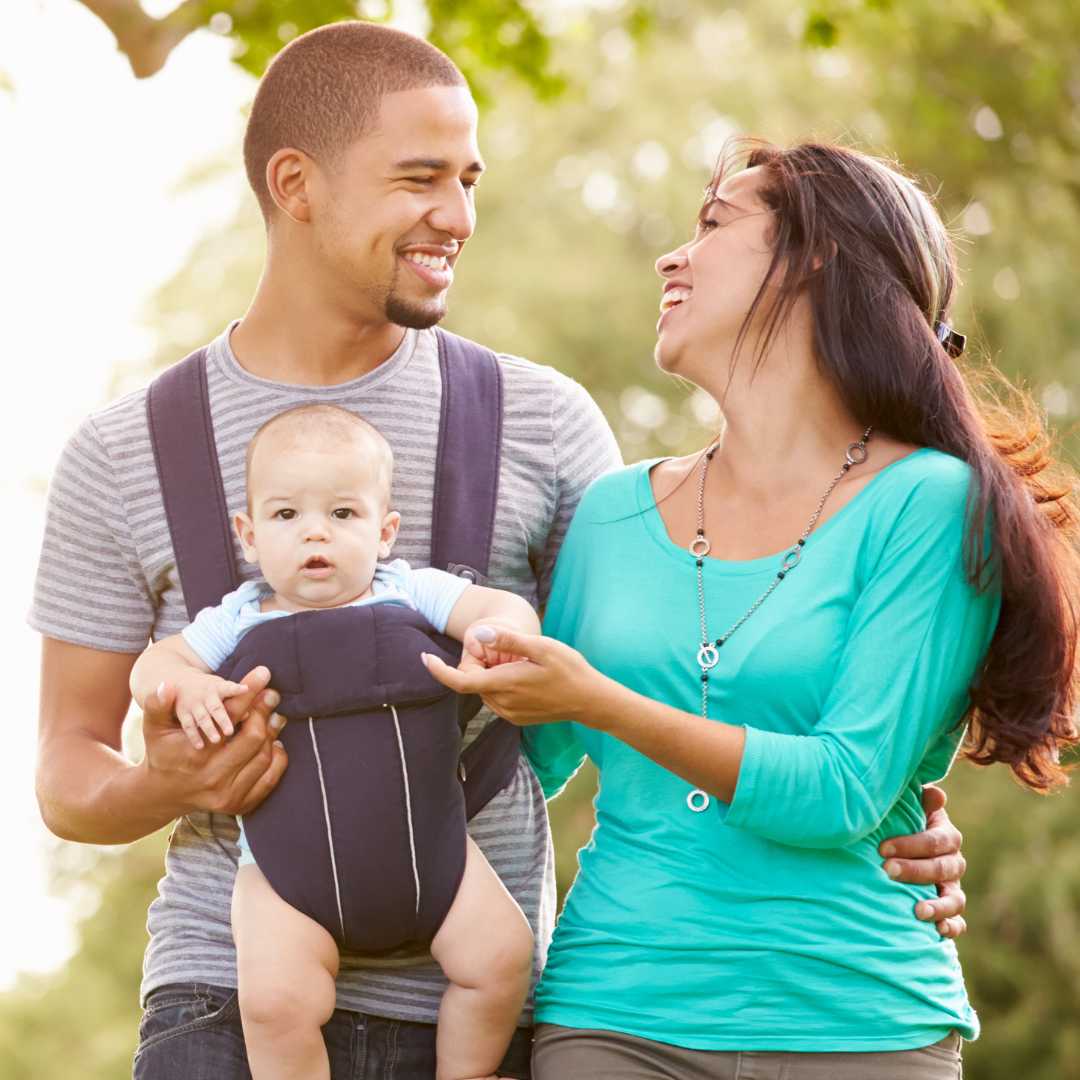


.png)
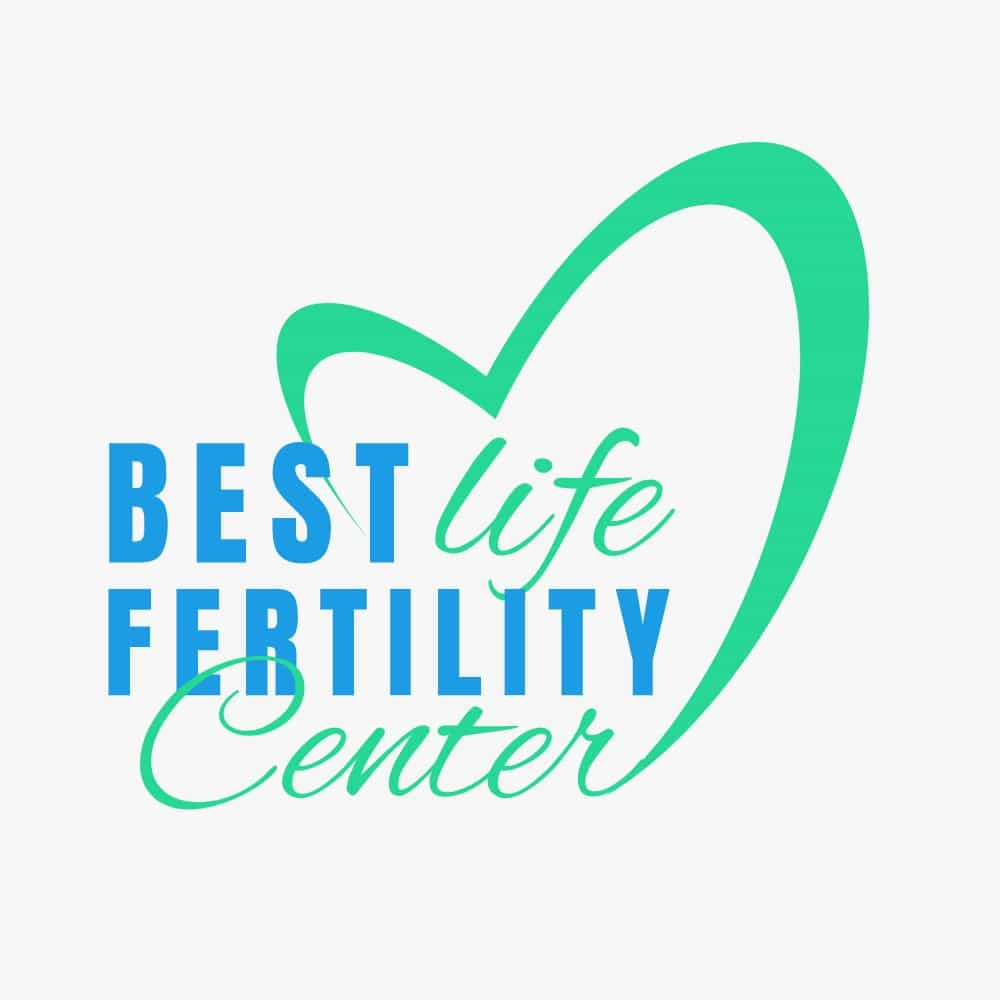

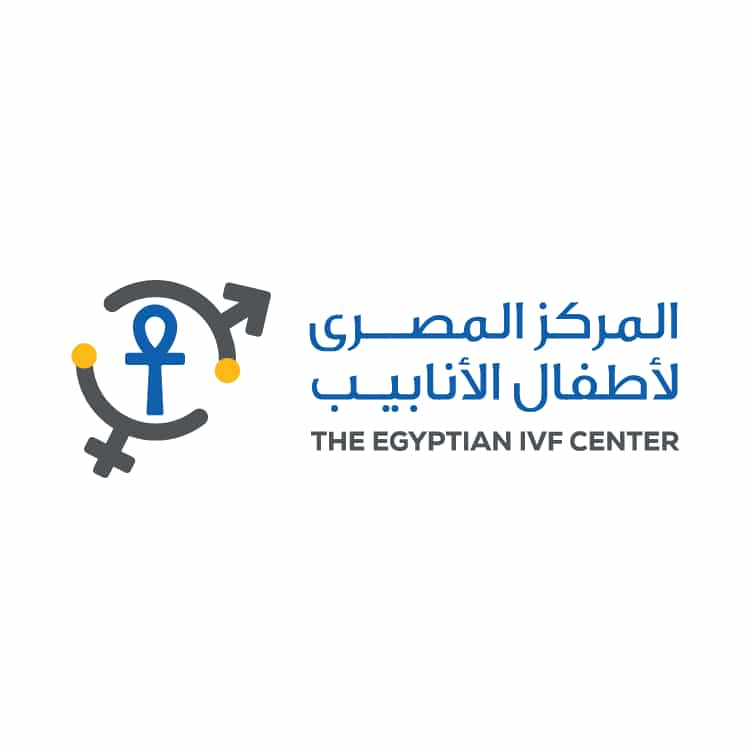
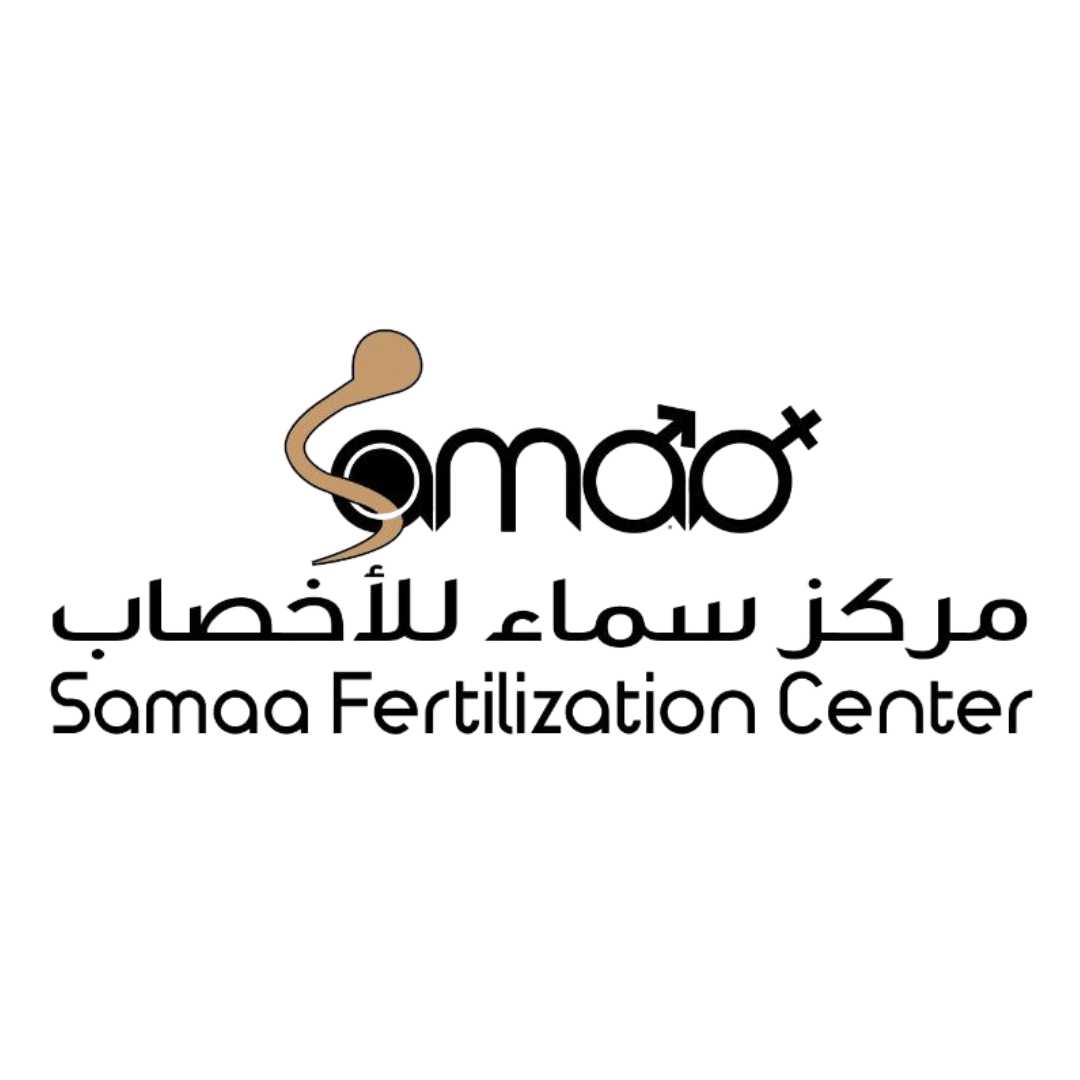
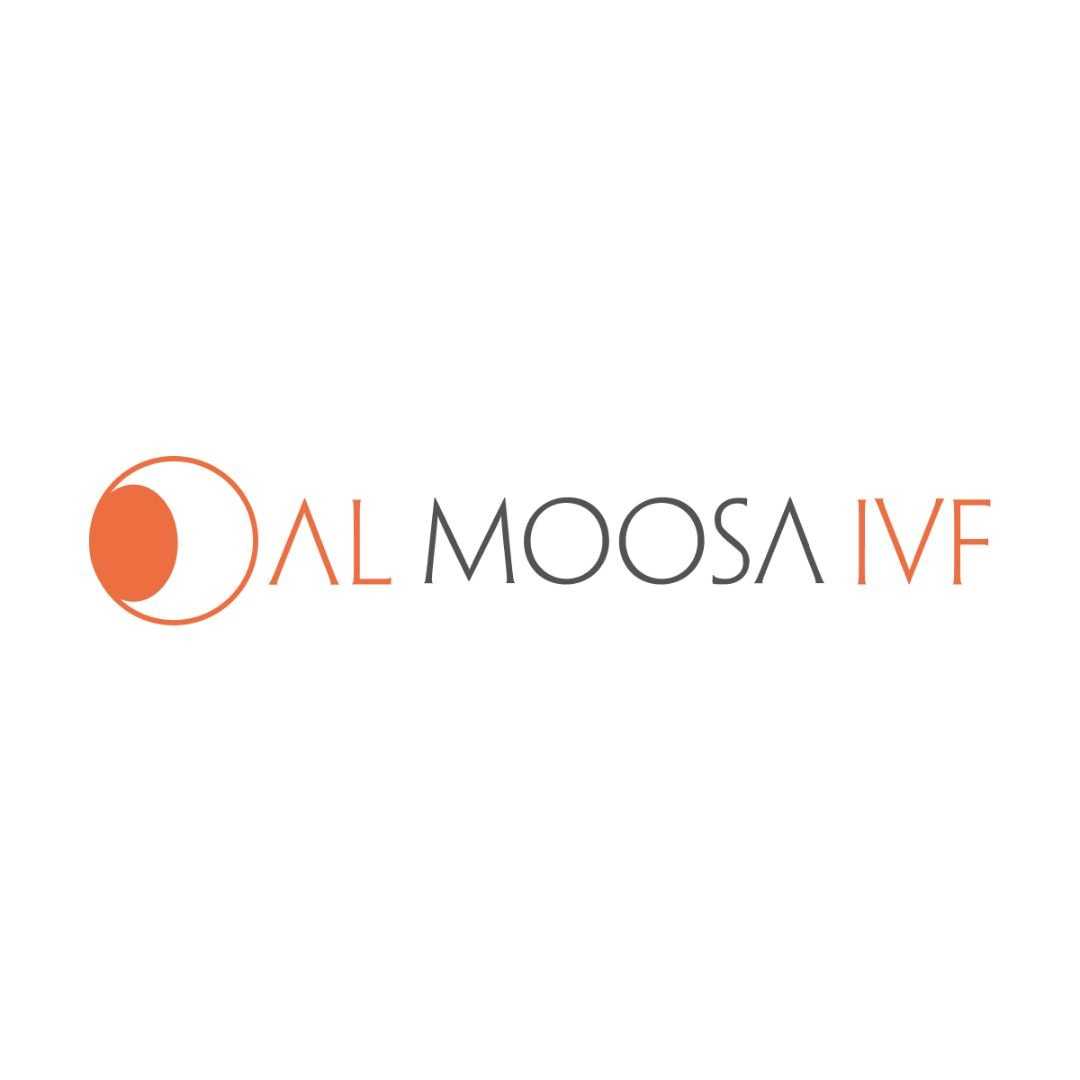

Share this listing